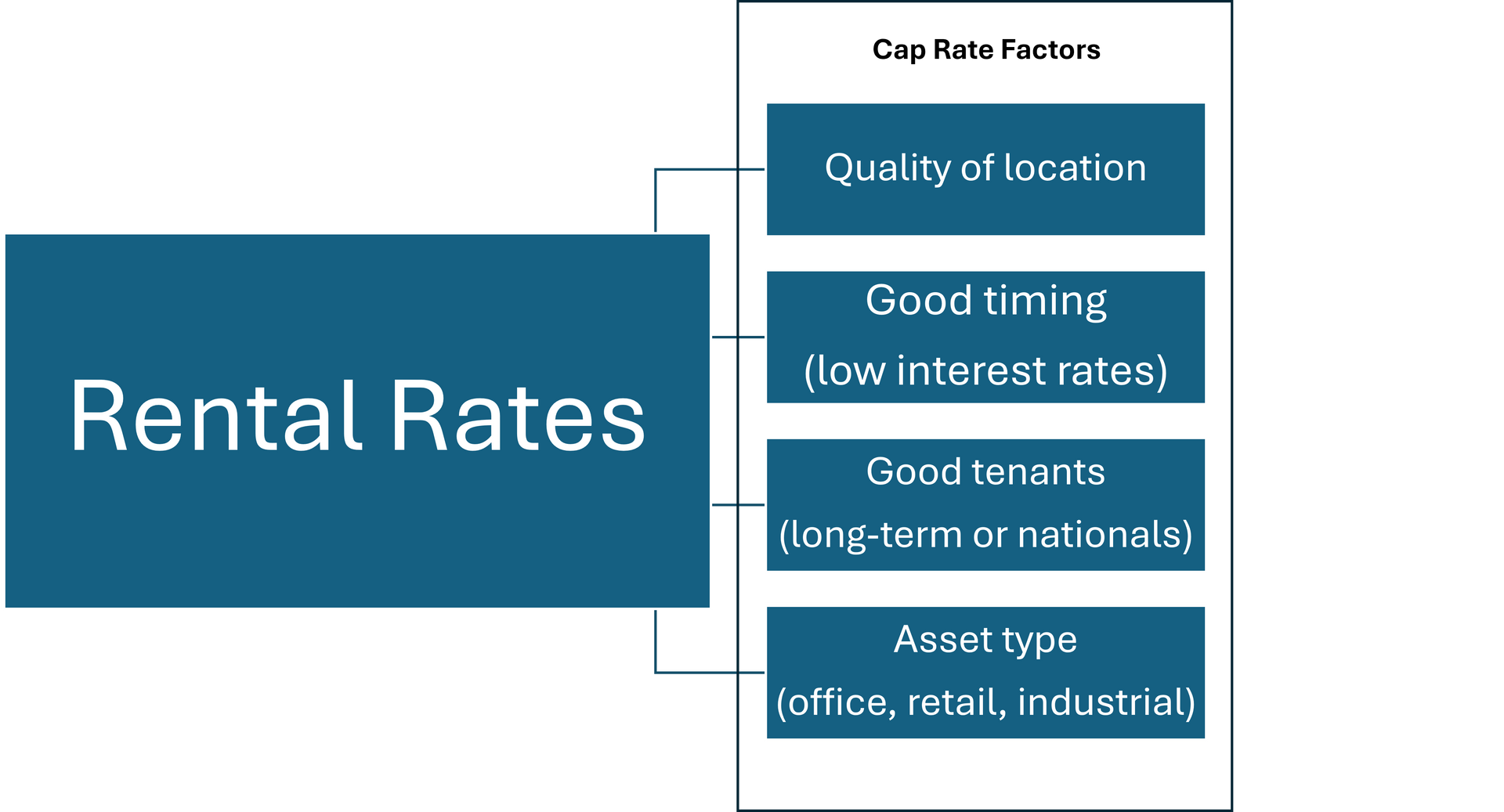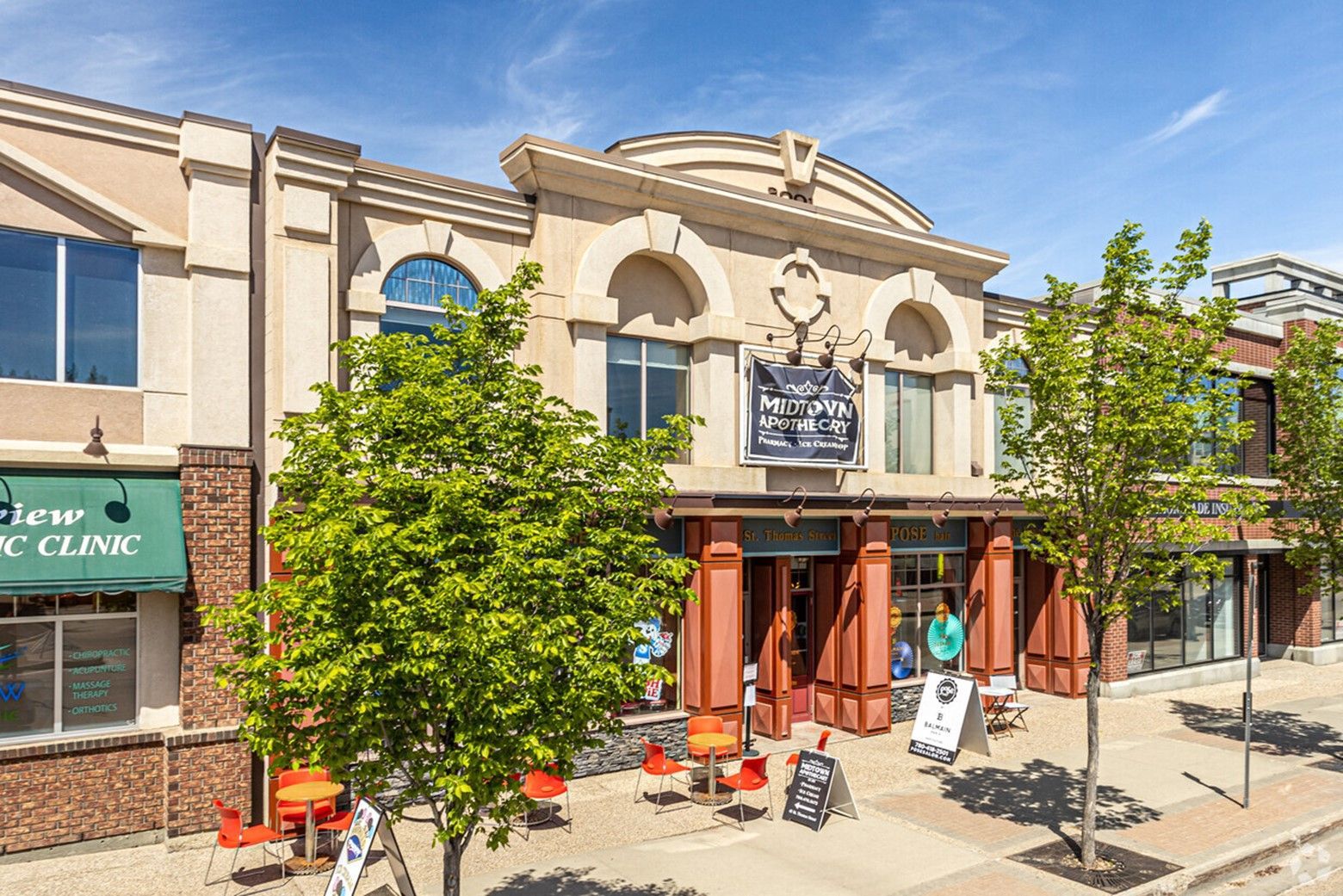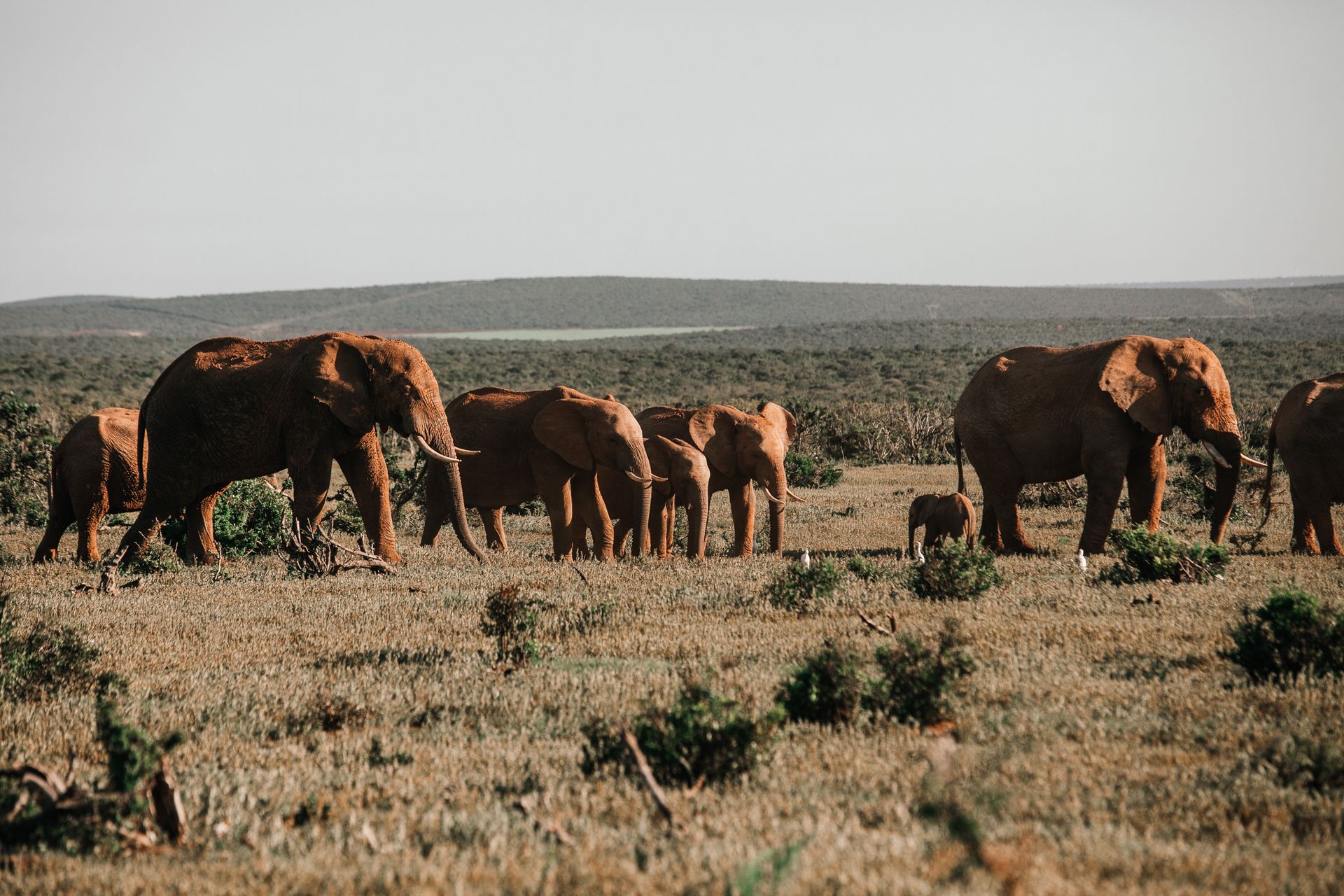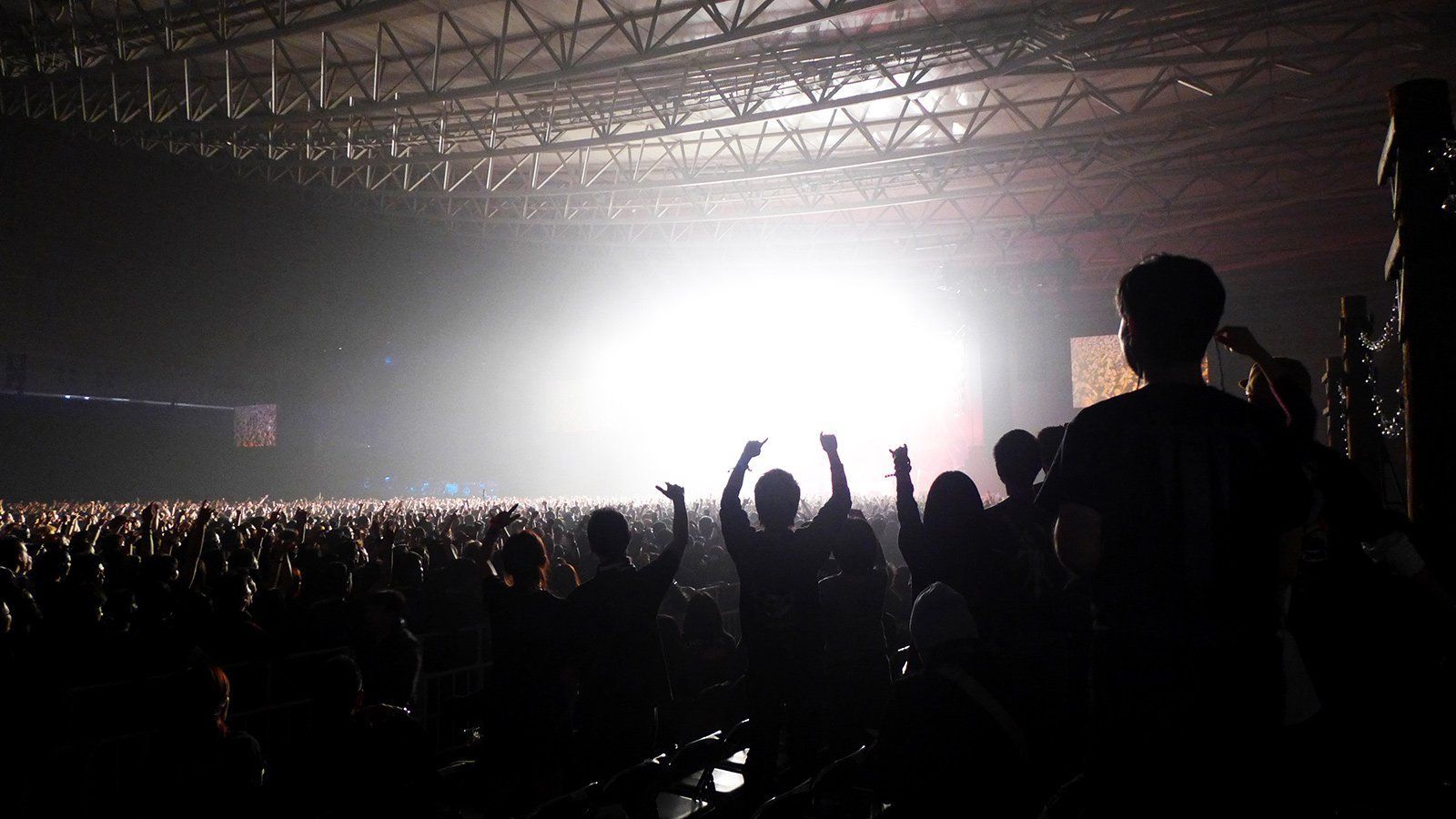Workforce Changes put Pressure on Employers
How retaining your "greatest asset" is changing
So you may wonder what I'm doing talking about something that is essentially an HR topic. However, whether you're an employee or an employer, you're faced with this issue all the time.
Jim Collins said that people are NOT your greatest asset, the right people are your greatest asset.
A friend of mine was recently in Chicago for a conference. He works for one of the largest insurance companies in the industry, and one of the main topics of the conference was how to attract and retain quality employees.
The average length of a career is getting shorter. In the 1950s, it was common for people to have the same job most of their life, and most people might have 1 or 2 careers in their lifetime. A more recent article in the financial times
said that people should prepare to have five careers in their lives. The American Bureau of Labour Statistics noted that the average baby-boomer would have 11.7 jobs between the ages of 18 and 45.
If millennials are no lazier than baby boomers and are no less motivated, then why the change in perception, and why do they change occupations so frequently?
My friend Jill told me that she applied for several computer programmer jobs before opening her own business. She said to me that continually changing programming languages made it difficult to stay relevant in the employment landscape. After a few years, employers could find someone more qualified in a new programming language than Jill. These new hires were often fresh out of school and would work for minimum wage.
So it's hard for employees to stay relevant in a fast-moving environment. What about employers?
The main challenge in keeping employees is there's so much movement in the labour market. Many employees, fresh out school, find themselves chasing the unattainable goal of the perfect work environment. They want a good work culture, and one where they feel they can grow and are respected - or they'll leave. The issue has become that many businesses have an atmosphere of transience, and it is now socially acceptable to be a workplace transient.
So what do you do if you're an employer?
The main thing that will help is to create an atmosphere where people want to work. The work has to resonate with their values and provide enough stimulation that they will hang on through the rough times. If employees feel a sense of accomplishment and that they are a part of something greater can help with this as well - this is why so many companies talk about their "Mission." A goal, or vision, beyond money that will resonate and create personal alignment with "the cause."
Some famous examples of this are Nordstrom, Tesla, and Google, which promote a cult-like atmosphere. The Army is another place that creates this sense of mission, where people can be part of something bigger than they are, and members participate in something that matters. Environmental and political causes are great at this, too, they provide ideological motivation to members that most often creates lifelong loyalty.
If people feel like they're a part of something greater then themselves, they align with the cause, and there are rewards beyond money, they will stick around. Wouldn't you?












